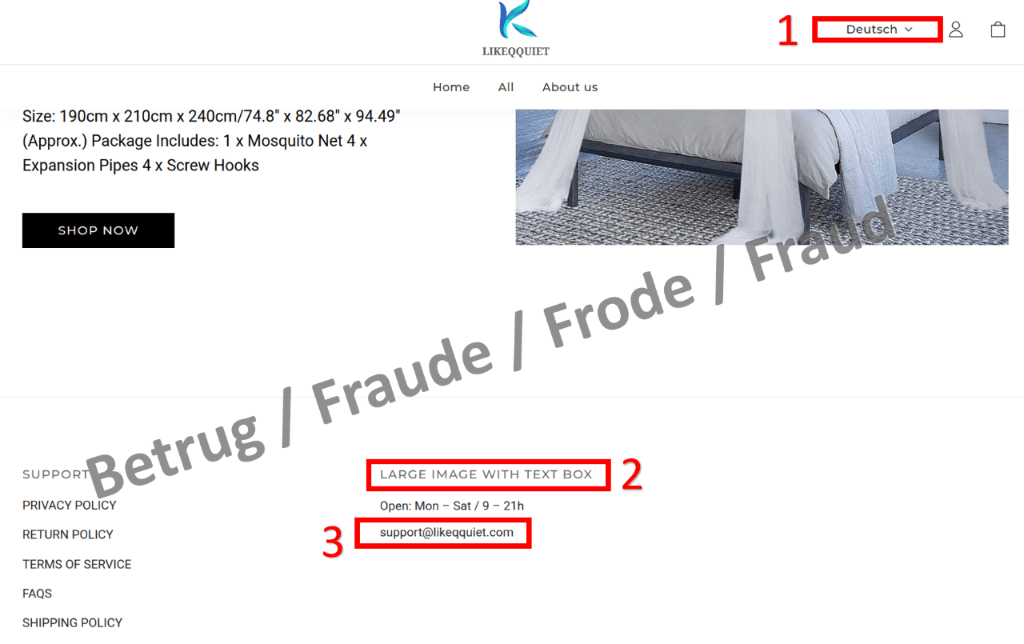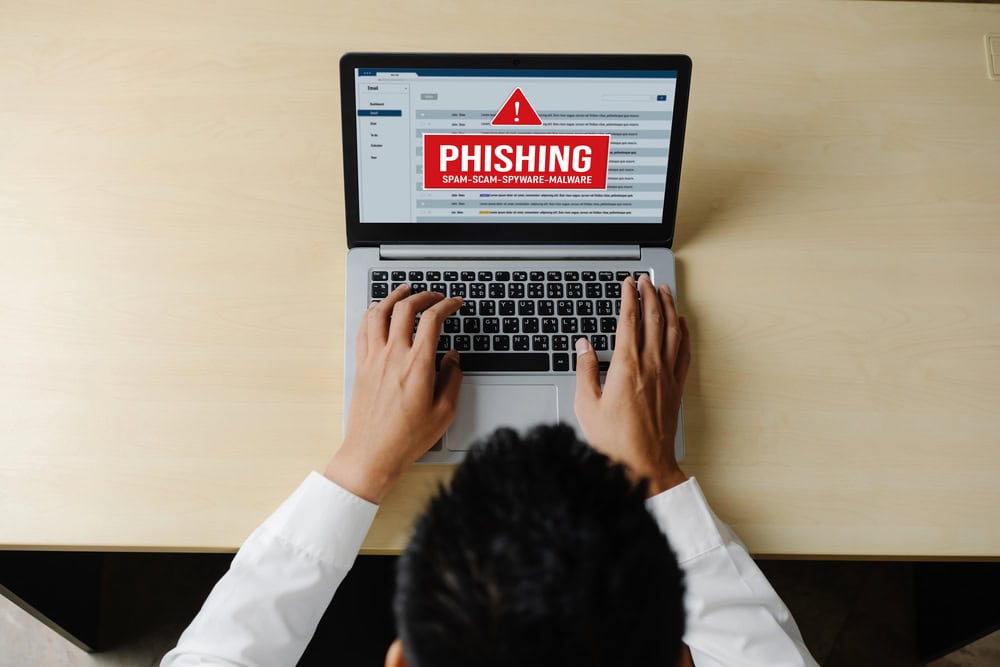Detect fraudulent web stores
The National Cyber Security Center is receiving more and more reports of suspicious online stores. However, a few tips can help you recognize whether a web store is trustworthy.

In addition to an increase in phishing attempts via smartphones, the National Center for Cybersecurity (NCSC) has recently been reporting more cases of fraud involving online stores. The reports concern supposed stores that do not deliver the goods or do not deliver the goods in the desired quantity or quality. As a rule, customers have little choice but to contact the online store operators, give the store a bad rating or, if necessary, file a complaint with the police. However, if you take a closer look at the stores beforehand, you can expose fraudulent intentions.
NCSC summarizes some important tips below:
A first look should always be taken at the contact details, the imprint and the privacy policy. In addition, it should be clear whether the webshop operator sells goods itself or whether it merely serves as a platform for individual retailers.

In a further step, the appearance of the web store and the offered goods should be checked. Do the links work, are there many incorrect texts or obvious website errors? If the price is surprisingly low and the availability is high - for example, for goods that are hardly available elsewhere - it must be assumed that there is a scam.
Also a good indication is provided by checking the rating of the store. It should be noted that store operators can buy very good ratings. So if a rating has an extraordinarily high number of 5-star ratings and at the same time many 1-star ratings and no values in between, this can be a sign of fraud. If there are no reviews to be found, the store is probably too new and therefore probably rather untrustworthy.
Source: NCSC/Editorial









